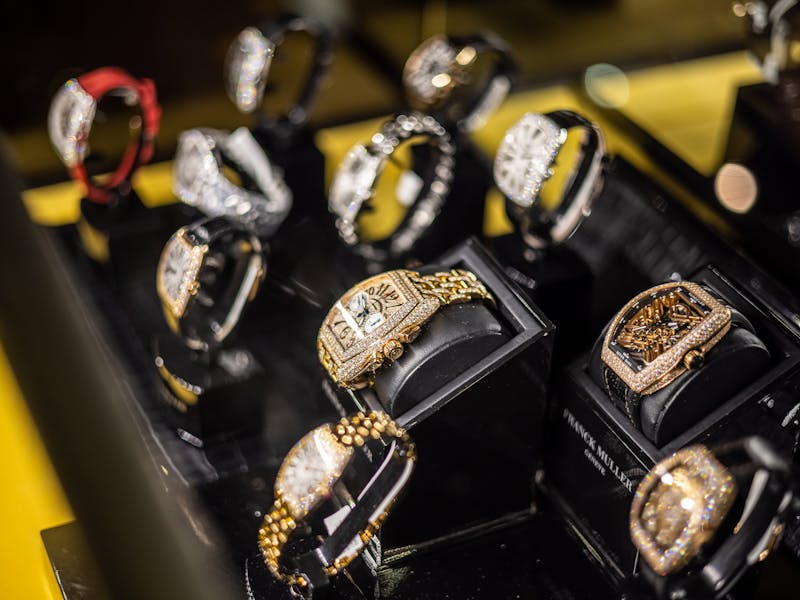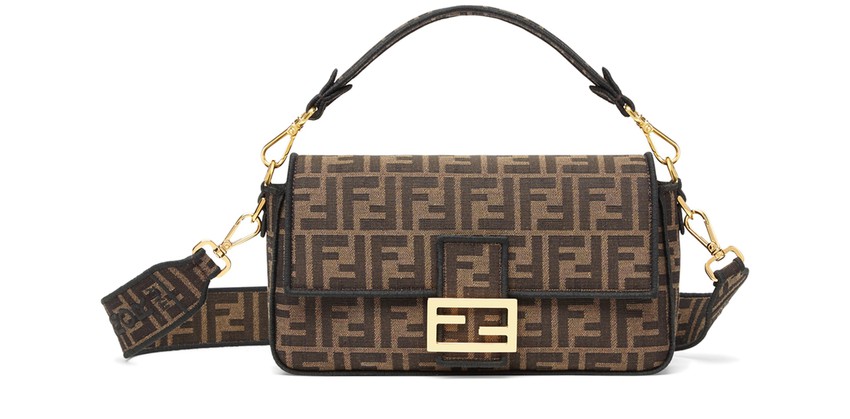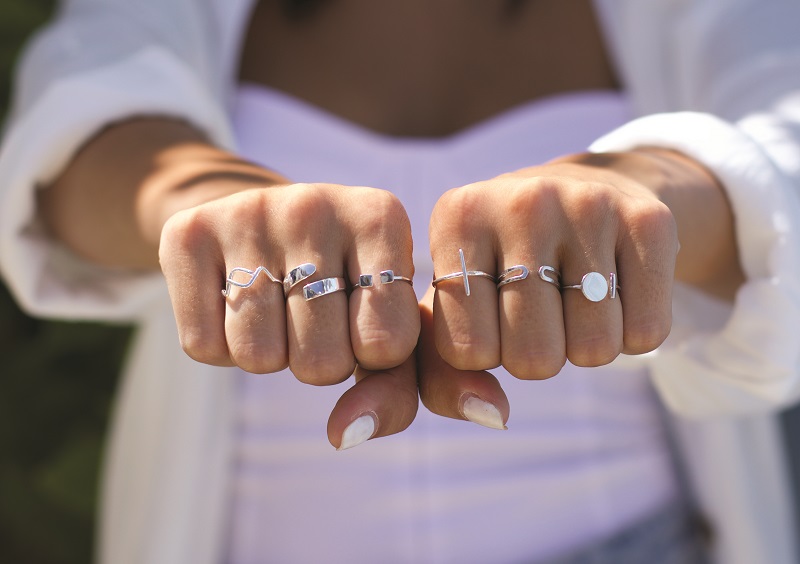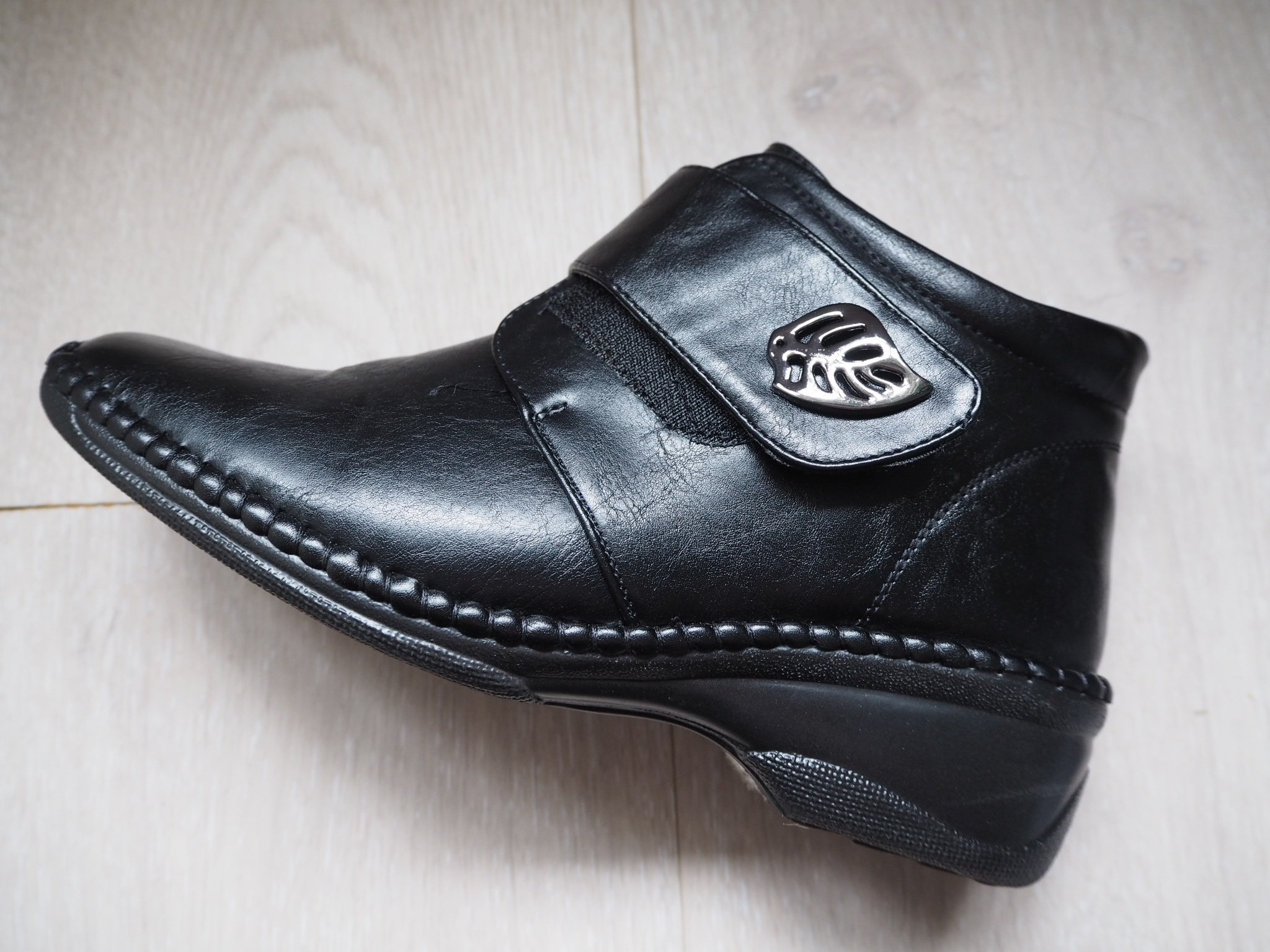Essential Tips for Finding Your Ideal Luxury Watch

Selecting a luxury watch is a decision that goes beyond choosing a simple accessory. A luxury timepiece is an investment that represents craftsmanship, style, and longevity. With so many options available, the process of choosing the right watch can be overwhelming.
When searching for your ideal luxury watch, consider exploring the pre-owned market for exceptional value and variety. Pre-owned luxury watches often offer the same craftsmanship and prestige as new models but at a more accessible price point. Plus, you may find rare or discontinued designs that add a unique touch to your collection. To ensure authenticity and quality, always purchase from a reputable dealer who provides certification and a detailed service history. A pre-owned luxury watch is not just a timepiece but a timeless investment in style and legacy.
This guide will help you consider the most important factors to ensure that the watch you select is the perfect match for your needs.
Consider Your Lifestyle
When choosing a luxury watch, one of the most important factors to consider is how and when you’ll be wearing it. Watches are not just about keeping time; they’re also a reflection of your lifestyle. Do you need a watch that’s practical for daily wear, or are you looking for something to wear on special occasions? Perhaps you need a piece that transitions seamlessly between both.
For example, if you lead an active lifestyle, you may prefer a durable, sporty watch with features like water resistance or shockproofing. On the other hand, if you’re looking for a timepiece to wear in more formal settings, you might lean towards a classic, elegant design.
Brands like Tag Heuer offer models that strike a balance between sportiness and sophistication, making them suitable for both casual and formal occasions. Consider how versatile you want your watch to be and how it will fit into your everyday life.
Durability and Materials
Durability is a critical aspect when investing in a luxury watch. The materials used in the construction of the case and strap can greatly impact the watch’s lifespan and appearance. High-end watches are typically made from premium materials such as stainless steel, titanium, or even ceramic.
Stainless steel is one of the most popular choices due to its strength, corrosion resistance, and polished appearance. Titanium, while more lightweight, offers even greater durability and is often used in watches designed for more rugged conditions. Ceramic has gained popularity for its scratch-resistant properties, though it can be more fragile than metal. For long-term wear, these materials are worth considering to ensure that your watch retains its look and performance over the years.
Movements: Quartz or Mechanical?
Another important element to understand when selecting a luxury watch is the movement. The movement is the mechanism that powers the watch, and there are two main types: quartz and mechanical.
Quartz movements are battery-powered and known for their precision and low maintenance. If you’re seeking a reliable timepiece that requires minimal upkeep, a quartz watch could be the ideal choice. They tend to be more affordable and are highly accurate.
Mechanical movements are powered by intricate systems of gears and springs and are often favoured by collectors for their craftsmanship. There are two types of mechanical movements: manual and automatic. Manual watches require winding by hand, while automatic watches wind themselves through the movement of your wrist. Mechanical watches tend to be more expensive and require regular servicing, but many people appreciate their engineering and the heritage behind them.
Strap Choices: Leather, Metal, or Fabric?
The strap of a luxury watch is just as important as the watch itself. It can affect both comfort and style, so it’s worth considering your options carefully.
Leather straps offer a timeless and elegant look, often favoured for formal occasions. However, leather is less suitable for active wear or exposure to water, as it can degrade over time. If you’re looking for something that’s appropriate for everyday wear, a leather strap might not be the best option.
Metal bracelets, such as those made from stainless steel or titanium, are highly durable and perfect for everyday wear. Metal straps are particularly well-suited to watches with water-resistant features, as they hold up well in a variety of conditions.
For those who prefer a more casual, versatile look, NATO straps—which are made from durable fabric—are a popular choice. These straps are ideal for active lifestyles, offering both comfort and security. They’re also easily interchangeable, allowing you to customise the look of your watch.
Brand Heritage
The heritage of a watch brand can play an important role in your decision-making process. Many luxury watchmakers have built their reputations over decades, if not centuries, of fine craftsmanship and innovation. When purchasing a luxury watch, it’s worth considering the history and reputation of the brand behind it.
For example, Tag Heuer is well-known for its precision and innovative designs, particularly in the world of sports and motorsport. While brand reputation is significant, it’s important to ensure the watch you choose aligns with your personal style and functional needs.
Setting a Budget
When purchasing a luxury watch, setting a budget is crucial. These watches come at a wide range of price points, and it’s easy to get carried away when presented with so many tempting options. Determining how much you’re willing to spend can help narrow your choices and keep you focused on finding the right balance between style, function, and price.
Remember, the price of a luxury watch is often influenced by the materials used, the complexity of the movement, and the brand’s prestige. It’s important to prioritise factors like durability, comfort, and craftsmanship over purely aesthetic features like precious metals or gemstones.
Conclusion
Choosing the perfect luxury watch involves more than just selecting an attractive design. It’s about understanding your lifestyle, researching the materials and movements, and considering the long-term durability of your investment. A carefully selected watch should not only complement your style but also withstand the test of time, both functionally and aesthetically.
Whether you’re looking for something classic and elegant or sporty and durable, take your time to make an informed decision. By considering factors like lifestyle, durability, movement type, and brand reputation, you’ll be able to choose a luxury watch that truly meets your needs and preferences.




